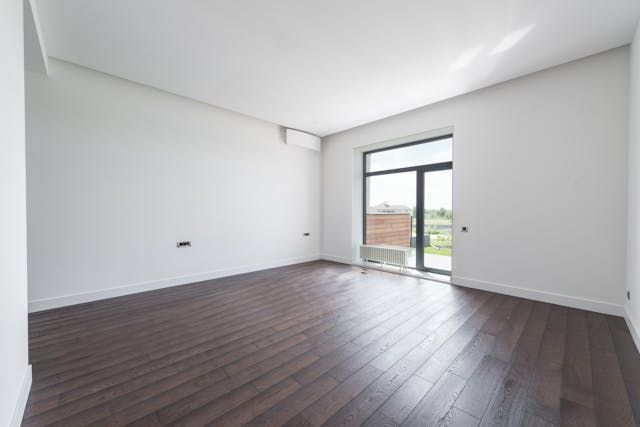Things You Need to Know Before Listing Your Rental Property

Listing rental properties on web portals is a great marketing strategy that helps property owners attract prospective tenants. Important elements of a well-crafted rental listing include an engaging title, an informative description, and high-quality images.
Before you list your rental property, you must consider the following:
- Know Your Target Audience : Your rental listing must effectively communicate with your intended audience. Therefore, it is essential to have a clear picture of the tenant to whom you intend to rent your property. Rather than cramming the listing with unnecessary material and details; highlight relevant features and qualities that appeal to a specific group of individuals. For example, if you want to reach out to senior citizens, you may highlight the property's accessibility and peaceful neighborhood characteristics. Student Housing can highlight ease of commute to local food and hang out joints, room sharing (if allowed), etc.
- Mention Accurate Location Of the Property : The location of the property is a key component of a rental listing. Mention an accurate address and include a brief about the surrounding area in the property listing. Describe the features of the neighborhood community and accessibility to restaurants, schools, shopping centers, parks, highways, etc.
- Rental Policy & Price Breakdown : Make sure to mention rental policy & terms clearly. Give a breakdown of the rent amount, security deposit, application fee, etc. That way the renters can make an informed decision and are mentally prepared to pay the amount when they come in to lease the property.
- Property Details & Features : Provide a realistic and concise description of the property including square footage, date of availability, number of rooms & bathrooms, safety features, car garages, exteriors, parking details and amenities. Additional information on features like type of flooring, window treatments, central air cooling, open kitchen, appliances, counter and cabinet space, etc. can further make your listing stand out.
- High-Quality Pictures : While skimming through rental property listings, one thing that captures immediate attention is the visual presentation of the property. Include high-quality and clean pictures of the property. Capture prominent features of each bedroom, bathroom, kitchen, living space, interiors, exteriors and amenities. For even better performance of the listing, you can include a 3D tour or video of the rental.
- Contact Information : Make yourself accessible. Do ensure to add a contact name, email and phone number for the interested renters to reach out to you.
- Hire a Property Manager : Seek the valuable expertise of an experienced property manager. The competent marketing team of a property management company drafts high-quality rental listings to get your property noticed.
Hunter Rentals & Sales specializes in premier property management services including property listing for efficient marketing of rentals. For more information about our property management services, visit Hunter Rentals & Sales at 1503 W Stan Schlueter Lp Killeen, TX -76549 or call (254) 634-3311. You can also visit
www.hunterrentals.com







